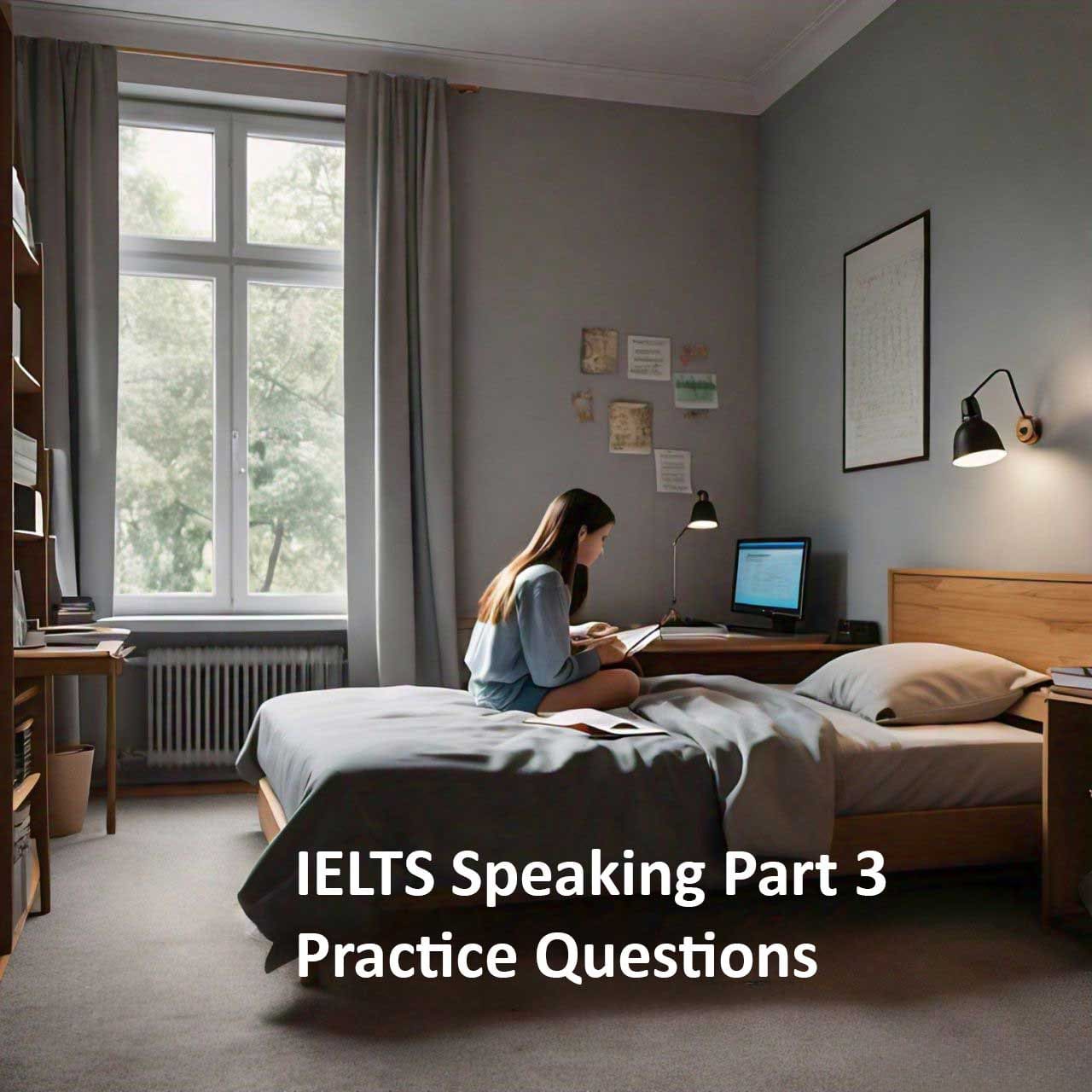The IELTS Speaking test is an essential part of the exam, designed to evaluate your ability to communicate effectively in English. One significant aspect of this test involves discussing personal experiences, which allows examiners to assess your fluency, coherence, vocabulary, and pronunciation. This blog post will explore common topics related to personal experiences that you might encounter in the IELTS Speaking test and provide tips on how to approach them confidently.
Table of Contents
Structure of the IELTS Speaking Test
The IELTS Speaking test is divided into three parts:
1. Part 1: Introduction and Interview – This section lasts about 4-5 minutes, where the examiner will ask you general questions about yourself, your home, family, work, studies, and interests.
2. Part 2: Long Turn – In this part, you will be given a cue card with a topic and have one minute to prepare. You will then speak for 1-2 minutes on the topic, followed by one or two questions from the examiner related to your talk.
3. Part 3: Discussion – This section involves a discussion based on the topic of Part 2. It lasts about 4-5 minutes, and the questions will be more abstract and complex, allowing you to express opinions and discuss issues in greater depth.
Common Topics on Personal Experiences
1. Family and Relationships:
– Describe a close family member you admire.
– Talk about a memorable family event.
– Discuss how your family has influenced your life.
2. Education and Work:
– Describe your favorite subject in school.
– Talk about a teacher who had a significant impact on you.
– Discuss a challenging project or task you completed at work.
3. Hobbies and Interests:
– Describe a hobby you enjoy.
– Talk about a sport you like to play or watch.
– Discuss a recent book you read or a movie you watched.
4. Travel and Holidays:
– Describe a memorable trip you took.
– Talk about a place you would like to visit.
– Discuss the best holiday you’ve ever had.
5. Milestones and Achievements:
– Describe a significant achievement in your life.
– Talk about an important decision you made.
– Discuss a goal you are working towards.
6. Daily Life and Routine:
– Describe a typical day in your life.
– Talk about your favorite time of the day.
– Discuss how you balance work and leisure.
Tips for Discussing Personal Experiences
1. Be Honest and Genuine:
Talk about real experiences. Authenticity makes your answers more engaging and easier to elaborate on. Personal stories tend to flow more naturally and showcase your true language ability.
2. Use Descriptive Language:
Enhance your responses by using descriptive language. Instead of saying, “I went on a trip,” describe the place, your activities, and your feelings. For example, “Last summer, I visited the picturesque town of Santorini, where I enjoyed the stunning sunset views and the charming white-washed buildings.”
3. Organize Your Thoughts:
Structure your responses clearly. Start with an introduction, provide details in the middle, and conclude with your thoughts or feelings. This organization helps you stay on track and makes your answers coherent.
4. Practice Common Topics:
Familiarize yourself with common topics by practicing with friends, family, or through mock tests. The more you practice, the more comfortable you will become with discussing personal experiences.
5. Expand Your Vocabulary:
Build a strong vocabulary related to personal experiences. Learn words and phrases that help you describe people, places, emotions, and activities in detail. This will enable you to express yourself more precisely and vividly.
6. Use a Range of Tenses:
Demonstrate your grammatical range by using different tenses appropriately. Talk about past events, present routines, and future plans. For example, “When I was a child, I loved painting (past). Nowadays, I spend my weekends hiking (present). In the future, I hope to travel to Japan (future).”
7. Reflect on Your Experiences:
Take some time to reflect on your experiences and think about what you learned from them. This reflection will help you provide more insightful and meaningful answers during the test.
8. Stay Calm and Confident:
Stay calm and confident during the speaking test. Take a deep breath if you feel nervous and remember that the examiner is there to evaluate your English skills, not to judge your experiences.
Conclusion
Discussing personal experiences in the IELTS Speaking test is an excellent opportunity to showcase your language proficiency. By being honest, using descriptive language, organizing your thoughts, and practicing regularly, you can confidently approach common topics and deliver compelling responses. Remember, the key to success lies in preparation and practice. Good luck with your IELTS journey!



